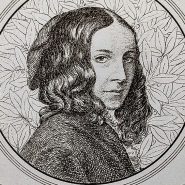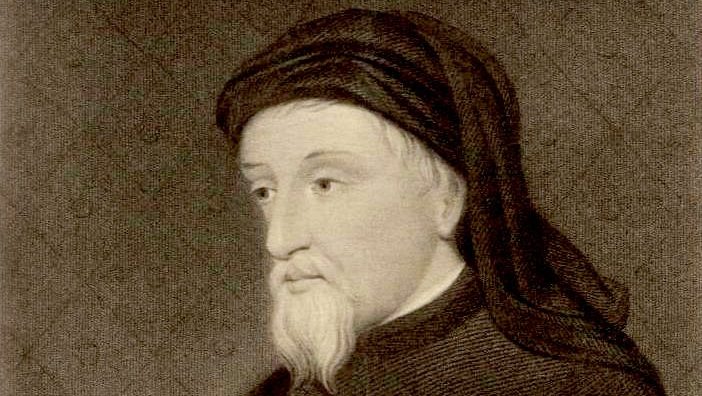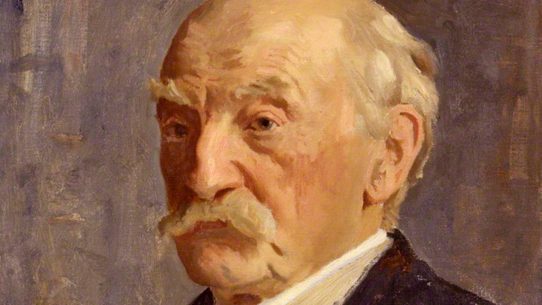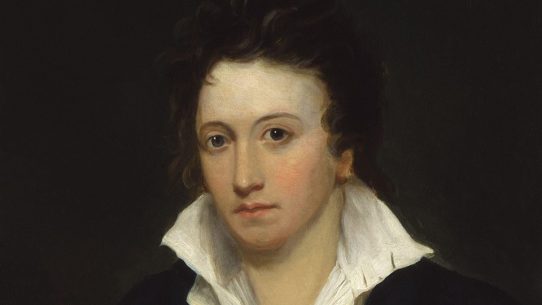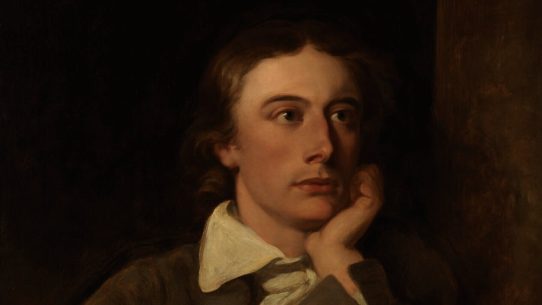Thomas Hardy
Explore the life and poetry of Thomas Hardy — the novelist-turned-poet whose tragic vision and lyrical realism shaped English literature.
Lord Byron
Discover the life and works of Lord Byron — the daring Romantic poet whose passion, rebellion, and genius shaped modern literature.
William Blake
Explore the visionary life and poetry of William Blake — the Romantic poet, artist, and prophet of imagination and spiritual freedom.
Percy Bysshe Shelley
Discover the life and poetry of Percy Bysshe Shelley — the visionary Romantic poet of rebellion, idealism, and lyrical beauty.
John Keats
Explore the life and poetry of John Keats — the Romantic poet of beauty, art, and mortality whose odes shaped English literature.
My Last Duchess
A Duke’s refined monologue reveals jealousy, control, and a chilling confession.
Annabel Lee
A lyrical elegy of love and loss in a kingdom by the sea.
Ulysses
An aging hero refuses stillness, urging his crew toward one last voyage of meaning.
Remember
A tender sonnet that weighs remembrance against the kindness of letting go.
Hope is the Thing with Feathers
A resilient bird in the soul sings on through every storm — Dickinson’s defining metaphor of hope.
Because I Could Not Stop for Death
Dickinson personifies Death as a courteous suitor on a quiet carriage ride toward eternity.
Sonnets from the Portuguese (43)
Elizabeth Barrett Browning’s Sonnet 43 explores the depth and endurance of love that transcends both time and death.
